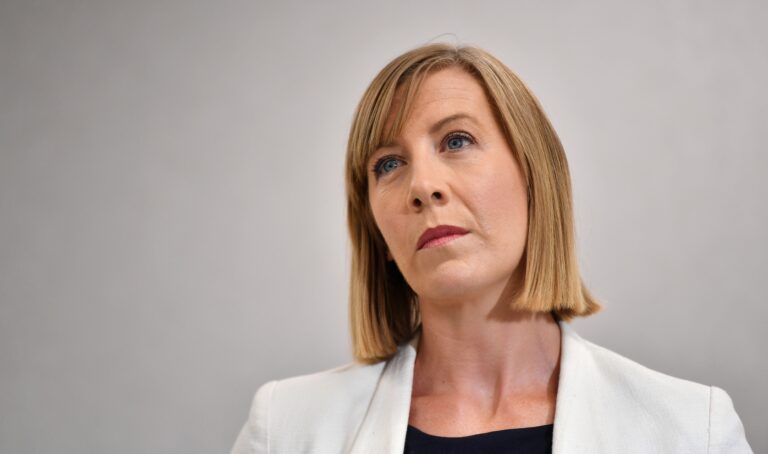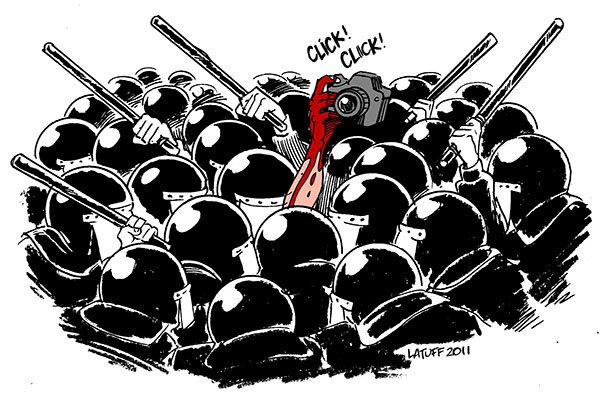
UTS KILLS PRESS: 25 years of independent journalism

BY KIERAN ADAIR
The Australian Centre for Independent Journalism was formally closed last month, following a review by the University of Technology Sydney. The ACIJ, which had operated out of the university since the early 90s, was best known for its groundbreaking investigative work in its magazine Reportage, and its research into Australian media bias and reporting.
“It’s been the best journalism school in Australia, no doubt. In fact it put the university on the map.” Michael West, a former Fairfax journalist turned business watchdog, told City Hub.
Mr West spoke to City Hub over the weekend at the ‘Hidden stories past and present’ symposium. The event was a one day conference at the University that looked back at the work of the Centre since it was founded.
According to Mary Spongberg, the Dean of the UTS Arts and Social Sciences faculty, the controversial decision to close the Centre was reached following a “periodic evaluation of performance against the strategic objectives of the faculty and university.”
Despite the Centre’s closure, Ms Spongberg was quick to praise the efforts of those involved in the Centre.
“ACIJ made a significant contribution to journalism and was a strong advocate for the public right to know and the role of journalism in strengthening democracy,” the Dean said.
Speaking with City Hub, Peter Fray, a former Fairfax editor and founder of PolitiFact reflected on the role of the Centre as “a really important place where great ideas of what journalism can do were allowed to flourish.”
He highlighted the work the Centre had done in its reporting of issues in the Pacific region, which often went uncovered by the mainstream Australian press – along with other issues like homelessness, housing, and infrastructure.
“These aren’t issues that the mainstream media goes after, and yet the ACIJ has proved that with the right reporting, effort, and partners, these sorts of stories can make a significant difference,” Mr Fray said.
Along with investigative reports, the Centre also published important research on the Australian media – highlighting bias, spin, and the failures of mainstream reporting.
Under Wendy Bacon, the Centre published a particularly controversial study on the reporting of climate change. One report that contained a detailed chapter titled: ‘How the Australian builds doubt about climate scientists and their findings’. The paper’s former editor-in-chief Chris Mitchell never forgave Bacon, criticising her in the following years.
Another study conducted by the Centre, in partnership with Crikey, looked at the role of PR and its influence on reporting. After analysing a five-day working week in the media, across 10 hard-copy papers, the evaluation found that nearly 55% of stories analysed were driven by some form of public relations – a sad indictment on the state of Australian reporting.
This willingness to work collaboratively with other news organisations to highlight important issues was another approach that set the Centre apart.
“It was a place where staff, students, and journalists came in from the outside and mixed,” Bacon told City Hub.
Now not only has the Centre closed down but the academics are in a different part of the building than the students, which I consider to be a pretty bad move.”
Chris Nash, another former-ACIJ Director was also critical of the move, accusing the University of centralising power away from the academics.
“Decision making is extremely centralised and the whole idea of collegiality is gone – in that environment the last thing the university was going to have was a group of independent, self-sustaining academics, who also happened to be journalists with access to the public,” Mr Nash said.
Following the closure of the Centre, and Reportage, the University has plans to launch a new online magazine called Central News, which will be staffed by students, and run in collaboration with other entities.









